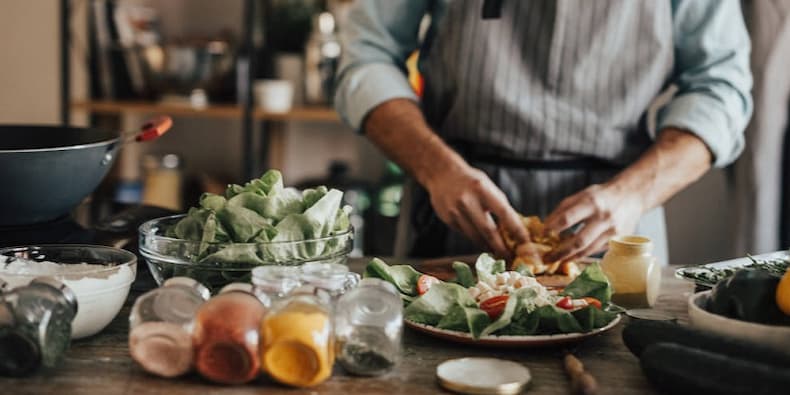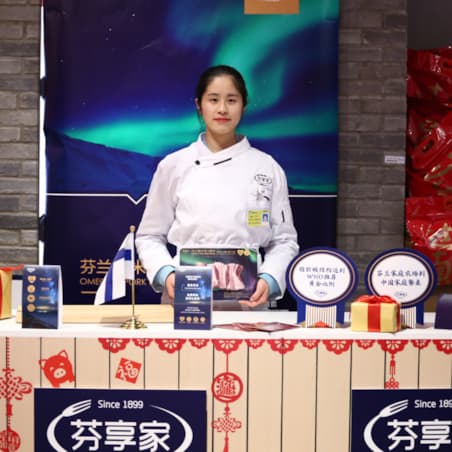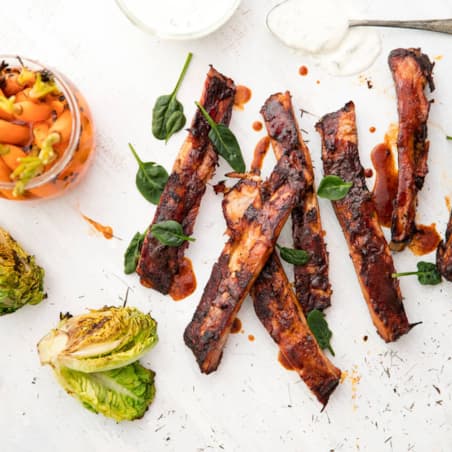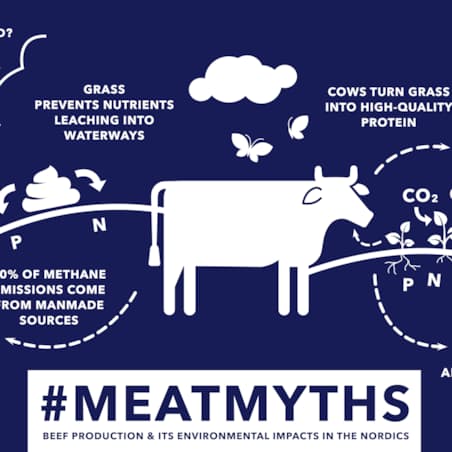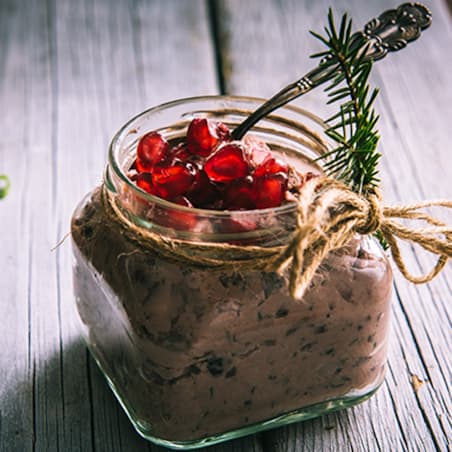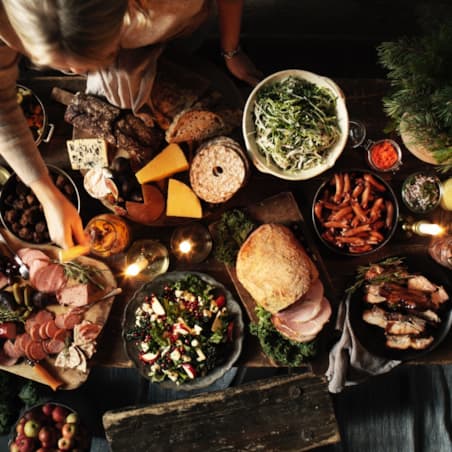We are becoming more and more conscious as consumers. We think where we shop, what is the origin of the products, in what kind of conditions they are produced and how much production is burdening the environment. Attention is also paid more and more to the packaging materials and the amount of packaging plastic is a hot topic.
For a food company taste is king, of course. But we also want to help consumers to live more sustainable lives. Material efficiency and recycling are essential parts of HKScan’s environmental responsibility.
The food industry can be more progressive and take ambitious steps towards responsible material usage throughout the value chain. The message in IPCC’s recent climate report was clear: there is no time to waste. All industries need to do more and work faster. Here are a few examples how we have responded to the situation.
Yellow and cardboard are “the new black”
HKScan is committed to replacing all non-recyclable black plastic packaging with other colours and possibly also with other materials by the end of 2019 in Sweden and in Finland. Read more.
Black plastic is not recyclable because the optical sorting system used for recycling cannot detect the black carbon pigment used to colour the plastic.
Kariniemen® products have already transferred to using yellow plastic. HK® brand starts to move away from black plastic packaging gradually. The role of black plastic decreased significantly already during 2018.
HK® introduced in the beginning of February two new minced meat novelties to the Finnish market. Novelties will be packed to recyclable cardboard packaging. This Finnish innovation produces 80 % less plastic waste.
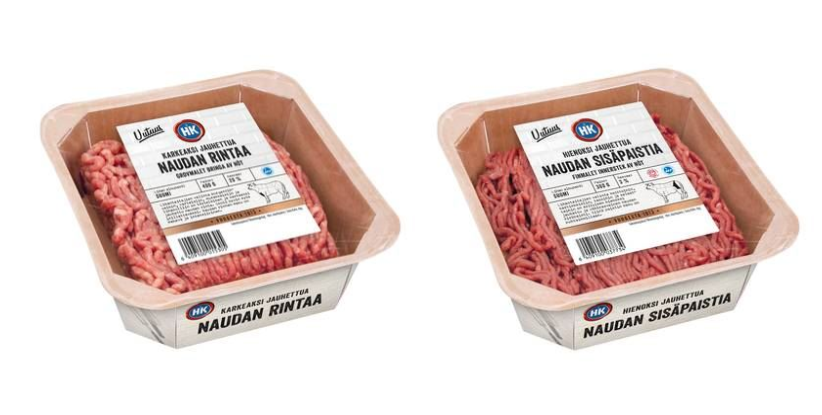
This new Kariniemen packaging contains four separately packed breast fillets, 26 % less packaging material is used compared to plastic tray.
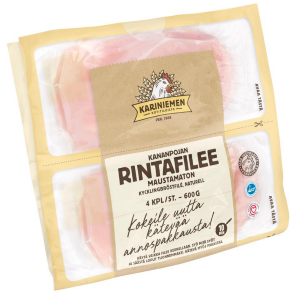
Mamma Scan has lost weight
In Sweden, the Mamma Scans meatballs packaging has been developed. The new packaging reduces the use of plastics by 30 tonnes a year.
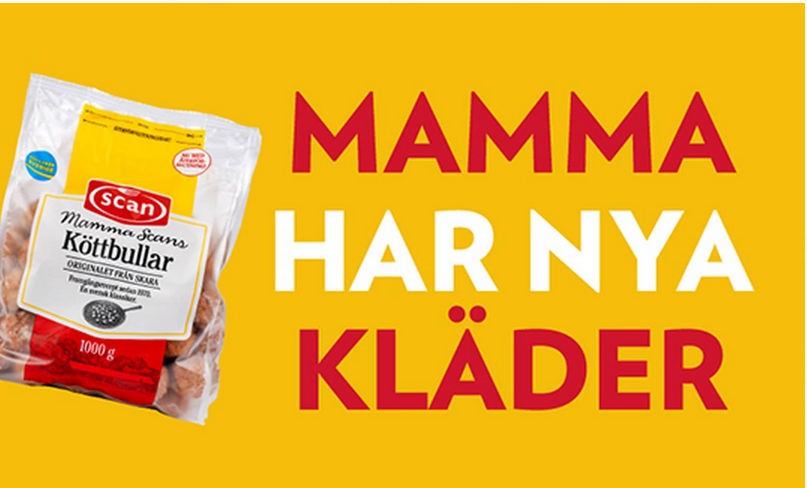
Bags easier & lighter to carry
In the Baltics chicken and pork sashliks and marinated meat are sold to consumers now in easy-to-carry bags instead of plastic buckets, reducing the use of plastic by approximately 70 %.
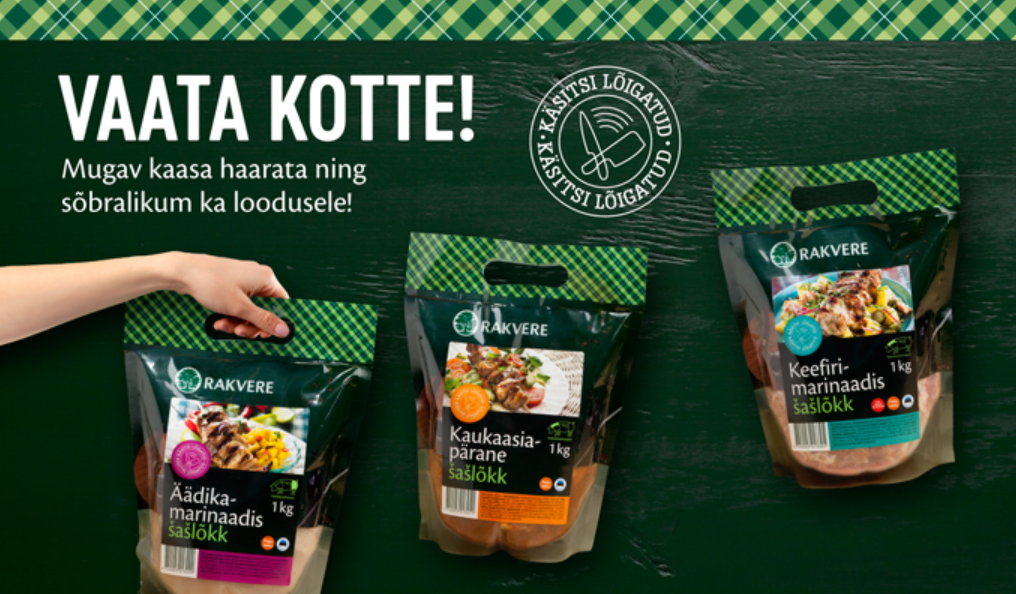
Rose has new cloths
In Denmark, Rose® has introduced new packaging made out of transparent, recycled plastic.
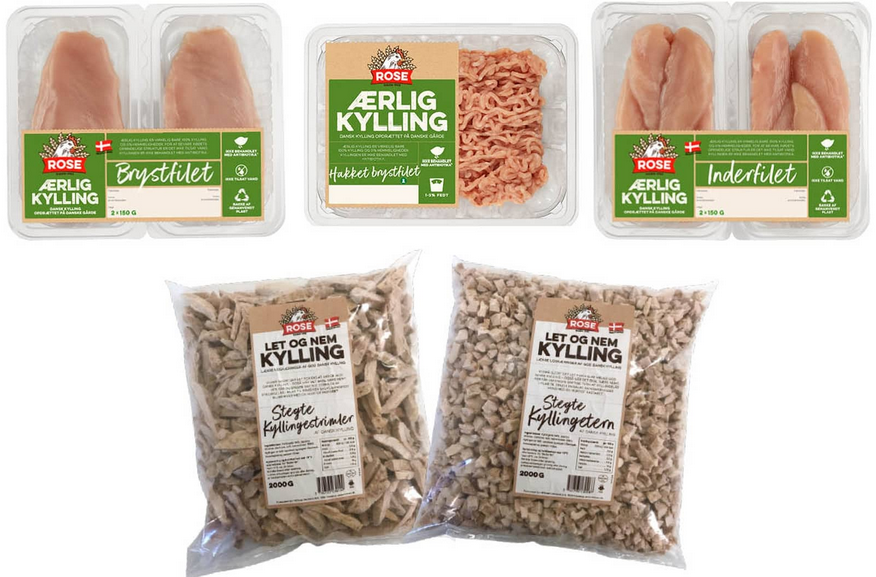
Read more about our packaging development.
What you can do?
Reduce food waste! Packaging is only a small part of the whole meat product carbon footprint. Today, approximately one third of all bought food goes to waste, so we all as consumers have a big responsibility. When only a couple of ham cold cuts from a package go to waste, it creates a bigger environmental effect than the production of the package itself.
Good tips to reduce waste:
1. Buy food according to a premade plan, check the expiry dates on the products to make sure you use them in time.
2. Don’t buy food packages that are too large, either.
3. Store food in transparent containers and place the products that spoil the quickest at the front of the refrigerator where you’ll remember to use them.
4. Remember: “Yesterday’s” fruit and vegetables can still be used for cooking.


